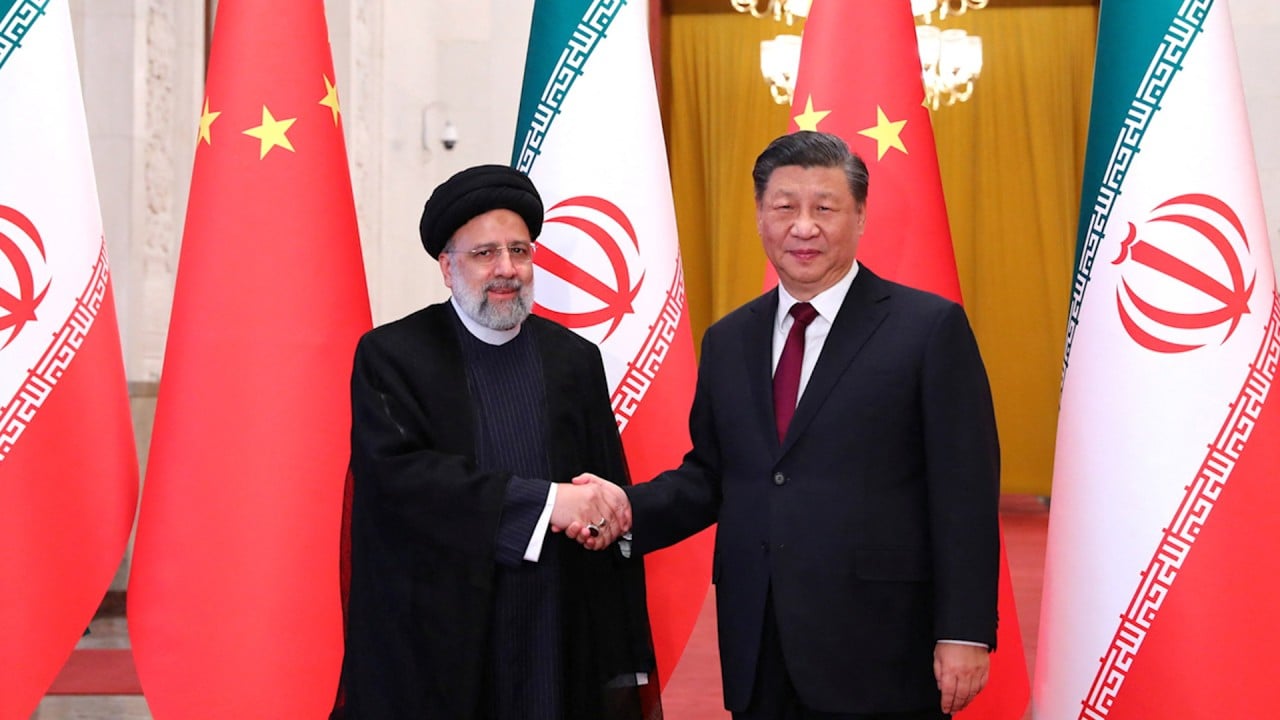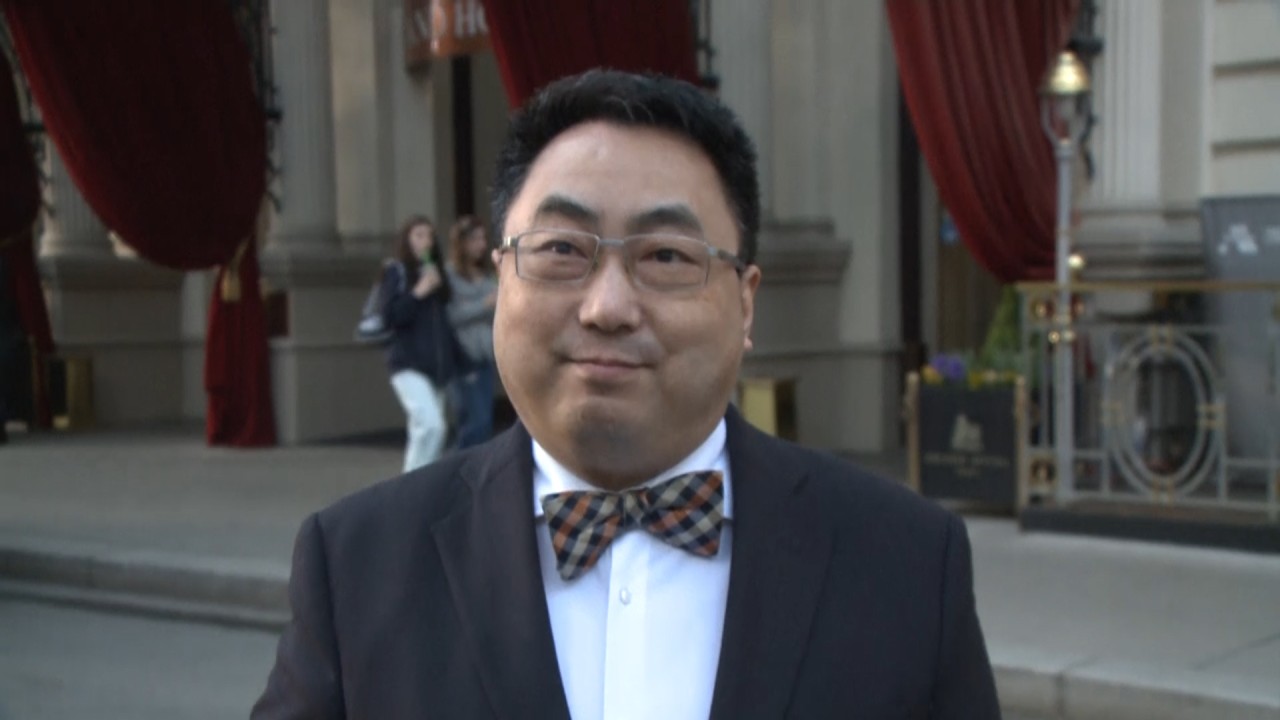
China’s Xi Jinping set for Iran state visit as Ebrahim Raisi closes ‘fruitful’ Beijing trip
- Chinese president ‘gladly accepted’ invitation from Iranian counterpart, joint statement following Ebrahim Raisi’s visit says
- Both nations reaffirm ‘strong mutual support’ and blame the US for problems arising from the stalled Iran nuclear deal
Xi “gladly accepted the invitation” from the Iranian president, the statement said, but did not give any date for the visit. Xi’s last visit to Iran was in 2016 as part of a tour of the region.
This came as Raisi on Thursday closed his own three-day state visit to China, the first trip to the country by an Iranian president since 2018.
His visit saw the two strategic partners pledge to strengthen political, economic, security and agricultural ties, in the latest display of strong bonds as tensions with the US escalate for both.
“China is firmly opposed to external forces interfering in Iran’s internal affairs and undermining Iran’s security and stability, and the Iranian side will continue to pursue the one-China policy,” it said.
“Some countries cannot gain benefits at the expense of others, and the security, interests and positions of all countries should be respected,” the statement added, without elaborating.
Raisi has described his visit to China as “fruitful and successful”.
As many as 20 cooperation documents were signed, he revealed after returning to Tehran on Thursday morning, including on deeper ties relating to trade, agriculture and industry, as well as renewable energy and infrastructure.

Iran would export more “high quality” farm products to China, which in turn had agreed to help the Middle Eastern country “improve its food safety and agricultural productivity”, the statement said.
China and Iran have also agreed to strengthen security cooperation, including holding bilateral consultations on counterterrorism issues and exploring the setting up of a related mutual political consultation mechanism.
The two defence authorities will increase strategic communication, with a meeting on public security and internal safety to be held this year.
Beijing had rolled out the red carpet for Raisi, 62, as he arrived for his first presidential visit on Tuesday. He was greeted by Xi at the Great Hall of the People and honoured with a 21-gun salute.
The following day, Raisi called for joint resistance against threats from the US and its allies as he spoke at the prestigious Peking University, where he was awarded an honorary professorship. Hours later, he joined Chinese Muslim worshippers at a mosque in downtown Beijing.
According to Iran’s official Islamic Republic News Agency, Raisi told fellow Muslims that the US was seeking to create insecurity in the Middle East but his country had managed to become stronger than before in the face of such hostility.
The joint statement also sought to display solidarity over many international issues, from stability in the Middle East and peace in Afghanistan, to the need to include Israel in the nuclear non-proliferation treaty. However, Israel sees Iran’s nuclear programme as a top threat, and any such move might spark resistance from the Jewish country.
The statement also blamed the US withdrawal from the 2015 Iran nuclear deal for triggering many of today’s problems, without specifying what those were.
Where does China stand on the Iran nuclear deal?
Formally known as the Joint Comprehensive Plan of Action (JCPOA), the deal aimed to ease sanctions against Iran in return for curbs on its nuclear programme but collapsed after then US president Donald Trump abandoned it in 2018.
“The unilateral withdrawal of the US from the JCPOA is the main cause of the current situation,” the statement said, referring to the stalled negotiations and Iran’s tensions with the US.
“Lifting sanctions and ensuring economic dividends for Iran is an important part of the JCPOA, and … all relevant sanctions should be fully lifted in a verifiable manner to promote the return to full and effective implementation of the deal.”



